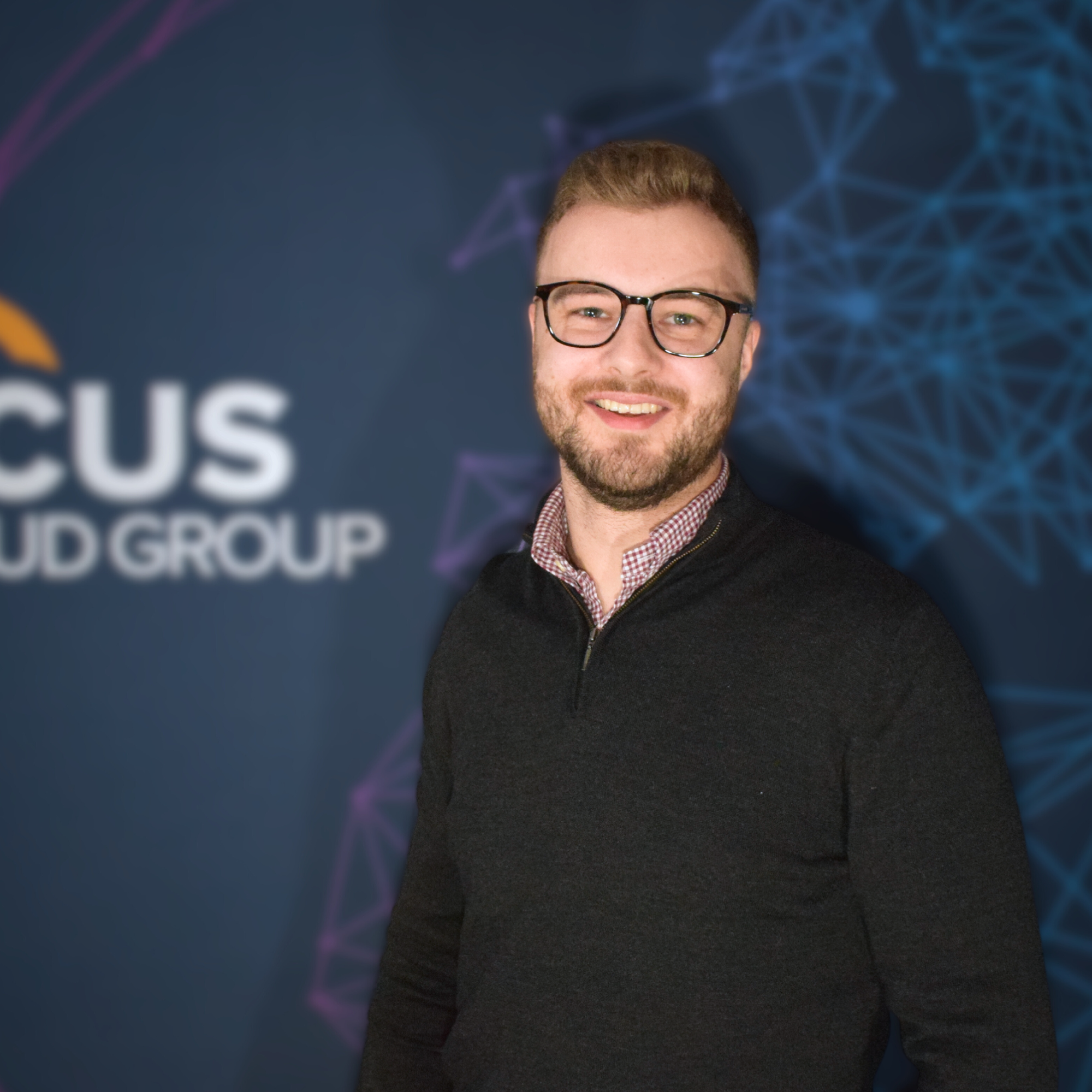
The global digital twin market is expanding fast - predicted to grow from $17.73 billion in 2024 to over $259.32 billion by 2032. These virtual replicas of physical objects, systems, or processes are reshaping industries by simulating performance, predicting issues, and optimising outcomes in real time. Digital Twin Market Size, Share | Growth Analysis Report [2032]
Whether it’s a wind turbine, hospital ward, or entire supply chain, digital twins are enabling smarter, faster decisions. When powered by cloud-native platforms like Azure Digital Twins, businesses can model complex environments at scale.
However, as demand surges, one issue keeps surfacing across every sector:
Where are the people with the skills to deliver it?
The Digital Skills Gap
Digital twin adoption is accelerating across manufacturing, energy, healthcare, automotive, and smart infrastructure. Approximately 70% of technology leaders in major corporations are now actively pursuing and allocating resources to digital twin initiatives. This is a clear signal that the shift is well underway.
But while the technology is maturing, the talent market hasn’t caught up. In fact, nearly 47% of IT decision-makers are still unfamiliar with the concept of digital twins, highlighting a growing gap between ambition and readiness. Companies are facing a skills bottleneck. Not because the solutions aren’t available, but because the people who implement, scale, and manage them are in short supply. Internal teams are stretched, projects are delayed, and hiring the wrong person can derail transformation altogether.
The Ideal Candidate
Hiring for digital twin projects often requires a blend of technical and domain-specific knowledge. The ideal candidate doesn’t just know how the tools work; they understand how to apply them in real-world scenarios.
Simulation & modelling (e.g. physics-based systems, 3D simulation tools)
IoT and sensor integration
Data engineering, AI/ML, and predictive analytics
Cloud infrastructure, APIs, and digital platforms
Process optimisation and systems thinking
Bonus points if they have experience across more than one of these domains, particularly when paired with cloud experience in environments like Microsoft’s enterprise ecosystem.
Talent Blind Spot
Digital twin talent is highly specialised and often hard to reach through traditional hiring methods. Generalist platforms don’t offer the depth of filtering or industry insight needed to find the right people. And because many of these professionals are already embedded in complex, long-term projects, they’re unlikely to be actively looking, meaning they won’t show up on standard job boards or CV databases.
Transferable Skills
If you can’t find the “perfect-fit” candidate, look for adjacent skill sets that can be cross-trained into the digital twin space. Great digital twin professionals often come from backgrounds like:
Cloud architecture
Systems engineering
Data science or business intelligence
DevOps and infrastructure automation
Mechanical or electrical engineering (with digital upskilling)
The key is to look for people with strong problem-solving skills, adaptability, and experience working with complex or layered systems. These foundations often translate well into Azure-powered digital twin environments and beyond.
Work with a Specialist Talent Partner
Hiring for emerging tech like digital twins isn’t just about filling a vacancy; it’s about building capability.
That’s where specialist recruiters come in. With access to niche talent networks, a deep understanding of the technologies involved, and experience placing professionals in complex transformation programmes, we know how to find the people you won’t find elsewhere.
At Focus on Microsoft, we speak the language, we know what good looks like, and we can move quickly to deliver qualified, engaged candidates ready to make an impact.
Conclusion
Whether you’re at the beginning of your digital twin journey or scaling an existing programme, talent is the one investment you can’t afford to get wrong. The opportunity is clear - but without the right people, it won’t deliver.
We want to help.
If you’re ready to build a team with the digital skills to lead your transformation, get in touch with our specialists today.



